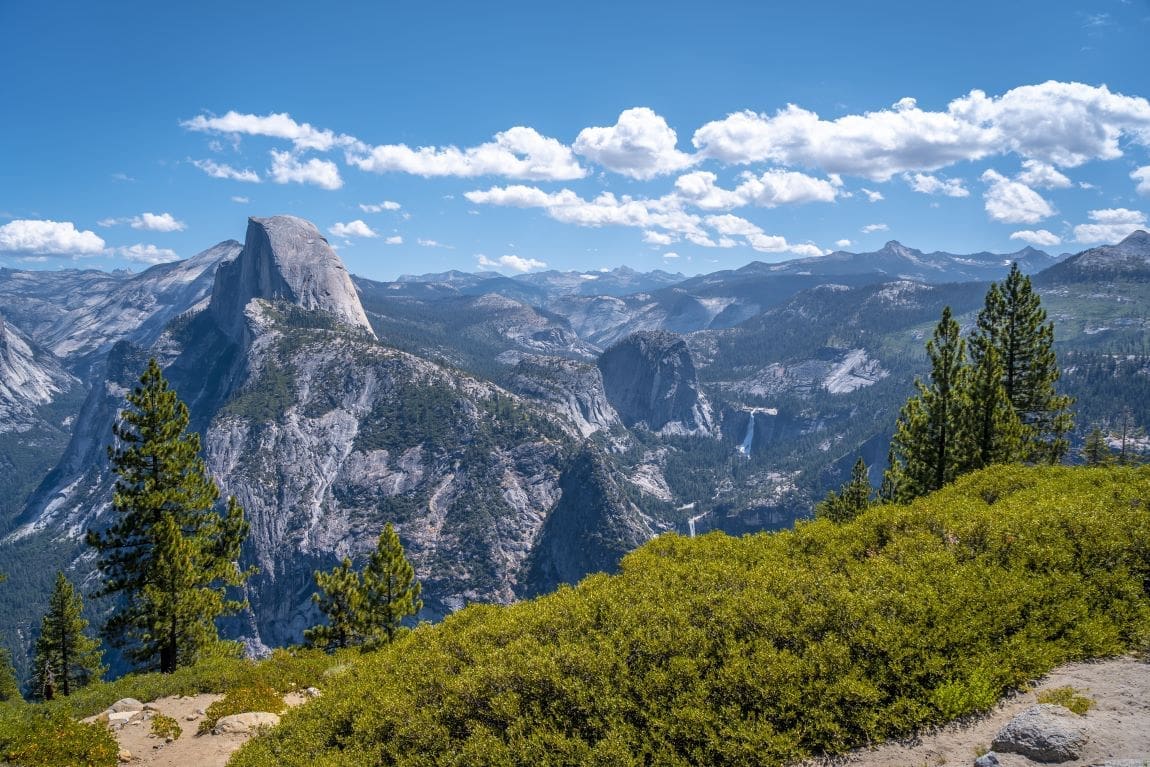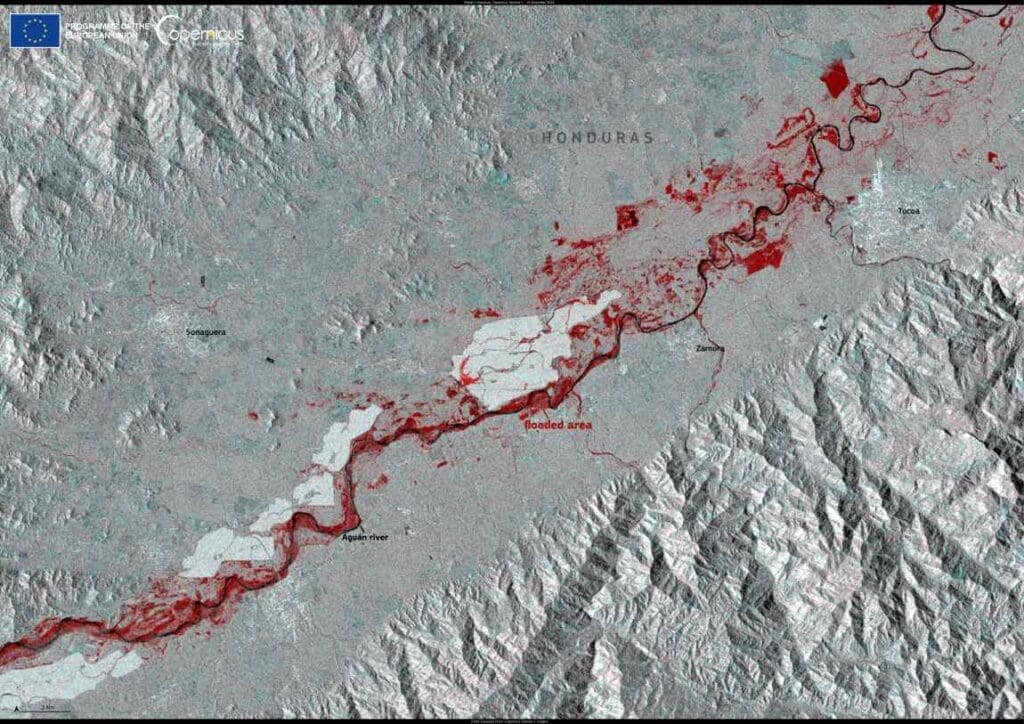By Lucie AUBOURG | AFP
Washington, United States – Can America’s national parks remain “unimpaired” forever, with their majestic scenery and wildlife unaltered? Global warming makes that impossible, says Wylie Carr, a climate change specialist at the National Park Service.
According to Carr, who works on environmental protection at the agency’s climate change response team, hotter temperatures are the main threat to the parks.
With some species vanishing and the natural habitats of others destroyed, park service workers sometimes have no other choice but to defy their mission as stated in a 1916 law: preserving the parks in their original state.
The Organic Act asked the National Park Service “to conserve the scenery and the natural and historic objects and the wildlife therein and… leave them unimpaired for the enjoyment of future generations.”
But the NPS is developing innovative strategies to fulfill the goal as best they can.
Carr talked to AFP about some of those new ideas:
What is the new NPS philosophy?
“Often, because our policies focus on maintaining historical or natural conditions, our default mode is to resist change. What the ‘Resist, Accept, Direct’ (RAD) framework helps us to do is recognize that we have to be managing for persistence, but we also have to be managing for transformation.
“And so where it’s no longer possible or feasible to resist change, then what do we do?
“The RAD framework helps us lay out the other possibilities. One is to just accept change. And a lot of times, that’s what we’re going to have to do. Because we don’t have the resources, we don’t have the ability to resist the change.
“Then when we are directing change, we’re thinking about: how would we intentionally move the system in a different direction, working with the trajectory that we’re on, to arrive at maybe a more desirable endpoint?”
Examples of ‘directed changes’?
“That’s where we might be thinking about: are there opportunities for maybe assisting migration of species in a way that helps us to maintain key species on a landscape, even if they’re not in the same place?
“Are there ways that we could start to bring in species that are going to be better adapted to the future climate of the park, that are not invasive species? Maybe it’s a species that is a native species, but it occurs further south.
“And so when we have a big forest fire, we’re replanting with that tree species that’s going to be better adapted to hotter and drier conditions.”
Does this contradict mission to preserve?
“Everyone in the Park Service is very committed to the Organic Act. And so it’s not that we want to manage differently, it’s that climate change is forcing us to make unavoidable choices as strategically as possible.
“I think what’s important to keep in mind is that no one wants to do things differently. We’re being forced to. And so we’re trying to do that in a thoughtful and intentional way.
“A lot of times, we are going to have to accept change, and be clear that that’s a management decision and approach that we’re taking.
“And so we’re not going to deny the impacts of climate change. It is transforming ecosystems. In a lot of cases, we’re just going to have to accept those changes.
“But we’re going to call it out and say that’s what we’re doing, and not act like we’re just going to be able to continue to resist everywhere all the time.”
la/sst/bgs
© Agence France-Presse
(Featured image credit: wirestock – Freepik.com)




